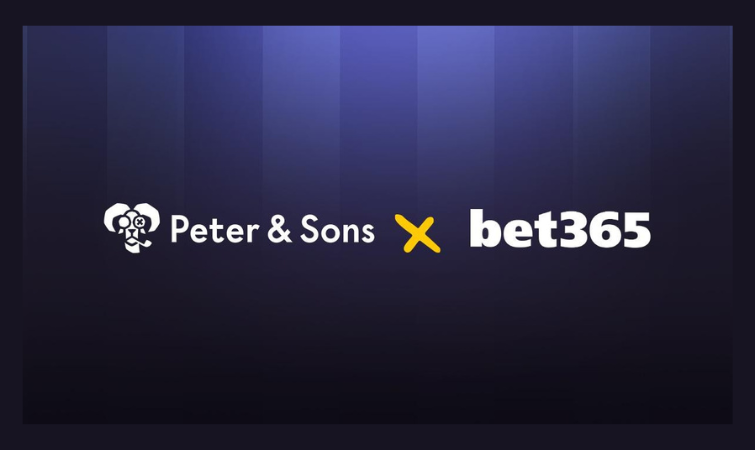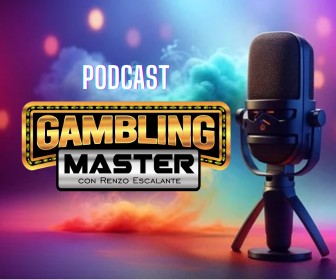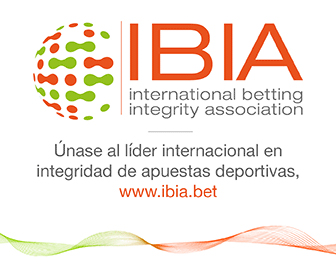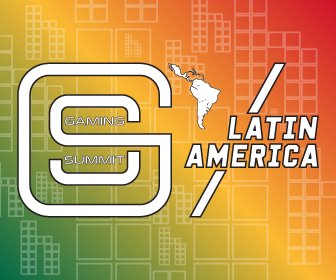Everything you need to know about sweepstakes poker: how it works, whether it’s legal, who the main players are, and where regulation currently stands.
The word “sweepstakes” has become one of the hottest buzzwords in the iGaming industry in 2025. For some, it’s nothing more than an overhyped trend; for others, it represents the future of gambling in an increasingly complex regulatory landscape. What’s certain is that it’s impossible to ignore this business model. And yet, many still don’t fully understand how it actually works or why sweepstakes casinos don’t directly compete with real-money operators. Perhaps that’s why every panel on the subject at gaming conferences continues to attract a packed audience.
With the help of the experts at EvenBet Gaming, Communications Strategist Ekaterina Giganova explains how sweepstakes apply to iGaming and poker, while also reviewing the current regulatory outlook.
Sweepstakes in iGaming: From Trend to Phenomenon
Back in 2023, during the NEXT Valletta Summit, top industry investors pointed out that sweepstakes projects in the U.S. were among the three most attractive investment opportunities. At the same time, EvenBet Gaming began adapting its poker platform to this model, onboarding its first sweepstakes poker client.
Two years later, the headlines speak for themselves. In 2023, sweepstakes casinos generated an estimated $4 billion in gross gaming revenue—almost doubling the following year. According to Eilers & Krejcik Gaming, 2025 projections expect a 31% annual growth, with revenues approaching $11 billion. At this pace, sweepstakes could even surpass the regulated real-money casino market in the U.S.
Why It Works in the U.S.
The U.S. market has proven to be fertile ground for sweepstakes due to:
- Fragmented state-by-state regulation, with very limited access to real-money casinos and poker online.
- A population with high disposable income, strong digital adoption, and cultural interest in gambling.
- A long-standing familiarity with sweepstakes as a concept, present in the U.S. for more than 50 years, which fosters trust.
The key question now is whether this success can be replicated in other markets.
The Regulatory Picture
As of August 2025, only seven states have legalized online casinos with real money (New Jersey, Pennsylvania, Michigan, West Virginia, Delaware, Connecticut, and Rhode Island), and even there, market access is limited. Online poker is legal in eight states, but in practice, only five actually operate platforms.
That leaves more than 40 states without legal options for real-money online play. This regulatory vacuum has been the perfect breeding ground for sweepstakes—an unregulated model with minimal barriers to entry for players.
Is It Gambling or Not?
Technically, sweepstakes are not classified as real-money gambling. However, public perception leans heavily toward the opposite. A recent American Gaming Association (AGA) study found that 80% of users spend money monthly on sweepstakes platforms, with nearly half doing so weekly. Moreover, 68% said their primary motivation is to win money.
Unsurprisingly, the AGA has strongly criticized the model, describing it as “an industry that talks like a casino, acts like a casino, but claims it isn’t one.” As the leading lobby for traditional casinos, the AGA is spearheading political and legal pressure to restrict or outlaw sweepstakes.
How Sweepstakes Poker Works
The system is built around a dual-currency model:
- Gold Coins (play money): free or purchased, used for fun play without the chance of winning prizes.
- Sweeps Coins (sweepstakes currency): given as bonuses, can be used in tournaments or games that pay out redeemable prizes such as cash, vouchers, or merchandise.
In practice, players buy Gold Coins for entertainment and receive Sweeps Coins as a bonus, which can then be used competitively. This allows operators to avoid calling it depositing or withdrawing money, while still offering a path to real-world rewards.
The Competitive Landscape
The most established brand is Global Poker, run by Virtual Gaming Worlds from Australia, generating nearly $200 million in 2024. However, competitors like ClubWPT, Clubs Poker, and Stake.us are rapidly expanding their share of the market, driving up acquisition costs in the process.
Regulatory Pressure in 2025
This booming sector hasn’t gone unnoticed. So far in 2025, states like Montana, Connecticut, and Louisiana have passed laws banning sweepstakes, while Michigan, Delaware, and New York have issued cease-and-desist orders against operators. Additionally, several class-action lawsuits have been filed by players claiming sweepstakes casinos are “illegal gambling in disguise,” with some resulting in multimillion-dollar settlements.
Still, sweepstakes remain legal in 40 states, continuing to generate huge revenues.
Looking Ahead: What’s Next?
The big question is whether sweepstakes will fade away under regulatory pressure or solidify as a stable alternative. As long as regulated real-money gaming rolls out slowly across the U.S., sweepstakes will continue filling the demand gap.
As Wojtek Stellmach, CEO of Bugsy Empire, said at the SBC Summit Malta: “The situation mirrors daily fantasy sports. Some states will ban it, others will embrace it, and companies will adapt.”
For now, it’s not too late to launch a sweepstakes poker project. And with customizable solutions already available from providers like EvenBet Gaming, entering the market has never been more accessible.
👉 It would be great to highlight this further in the following article from EvenBet.
















































































































